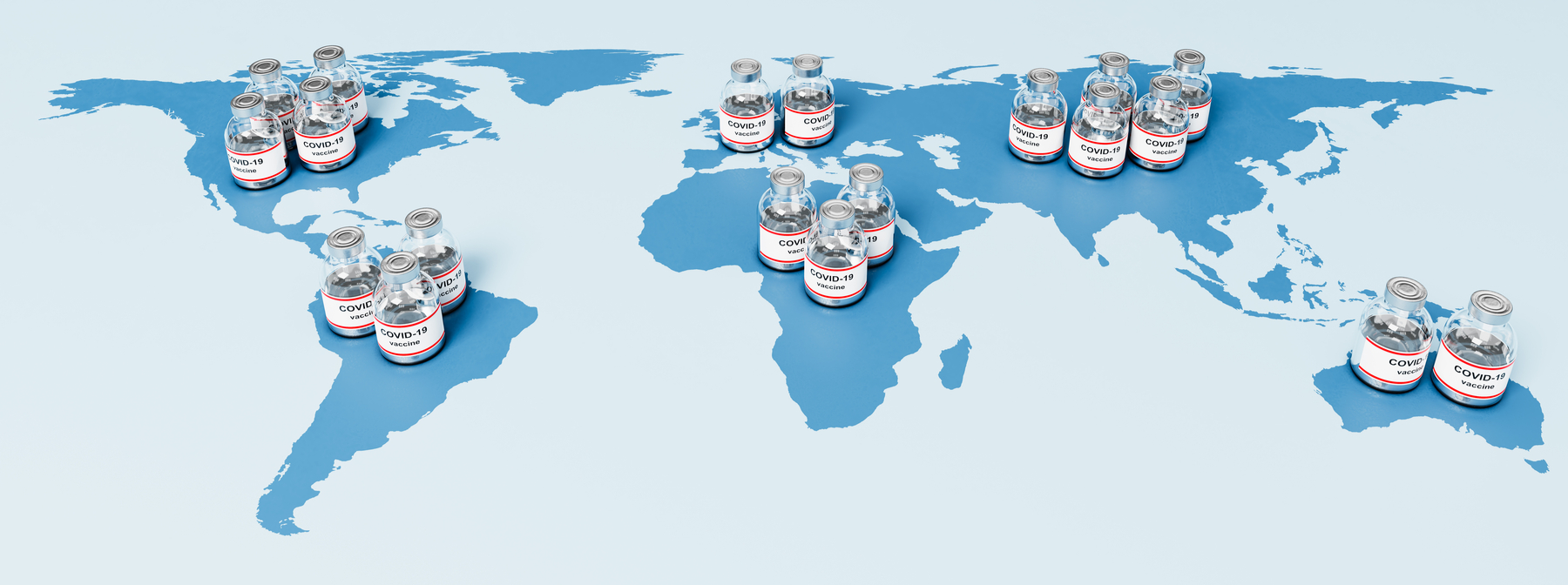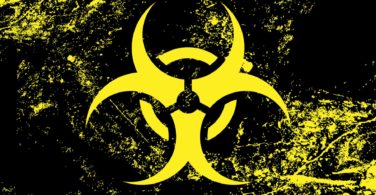Until last week, roughly 62.8 million COVID inoculations had been distributed in the U.S., and 43.2 million doses had been administered in Canada, according to the Centers for Disease Control and Prevention (CDC). These totals do not include the vaccines distributed to the Bureau of Prisons, Department of Defense, Indian Health Service, or Veteran’s Health Administration.
Scientists and pharma giants just turned a revolutionary corner: Over Valentine’s Day weekend, in multi-faceted coordination efforts, 173 million doses of SARS-CoV-2 vaccines were delivered to 77 countries. To get the job done, once-competitive pharmaceutical companies have combined forces for vaccine delivery and production across the U.S. and Europe.
Who Gets the COVID-19 Vaccination Next?
Last month, CDC recommended that initial supplies of COVID-19 vaccine first be allocated to healthcare personnel and long-term care facility residents, also called Phase 1a of the massive rollout. Next up, Phase 1b aims to vaccinate frontline non-health essential workers (such as grocery clerks), public transportation personnel, and employees in meat processing plants and food manufacturing.
As of February 12, healthcare providers were administering an average of 1.66 million doses per day of one of the two authorized vaccines in the U.S.:
- Two Pfizer-BioNTech doses given 21 days apart
- Two Moderna doses given 28 days apart
Along with an independent panel of medical and public health experts, the CDC offers detailed recommendations, but still each state and U.S. territory has its own governing plan for vaccination scheduling and allocations.
CDC explained in a statement: “When a jurisdiction is allocated vaccine doses they are given first and second doses at the same time. First doses are available for ordering immediately; second doses are available weeks later. Jurisdictions are instructed to use the delivered supply (first and second doses combined) to best meet the current needs of their community.”
Johnson & Johnson’s One-dose Booster is a Game Changer
In third-stage clinical trials, J&J (Janssen) demonstrated their single-dose COVID-19 has been evaluated for safety in protecting and preventing moderate-to-severe SARS-CoV-2 cases with 85% efficacy. More convenient for patients, and more easily doled out and tracked, the one-shot regimen may quickly become the best option for vaccine compliance.
This breakthrough in vaccine science and big pharma is unprecedented and heroic. It’s more important than ever to distribute and inoculate the American public as nearly 500,000 people have died after contracting the virus.
CDC’s Data Tracker locates vaccine sites and supplies in your state.








